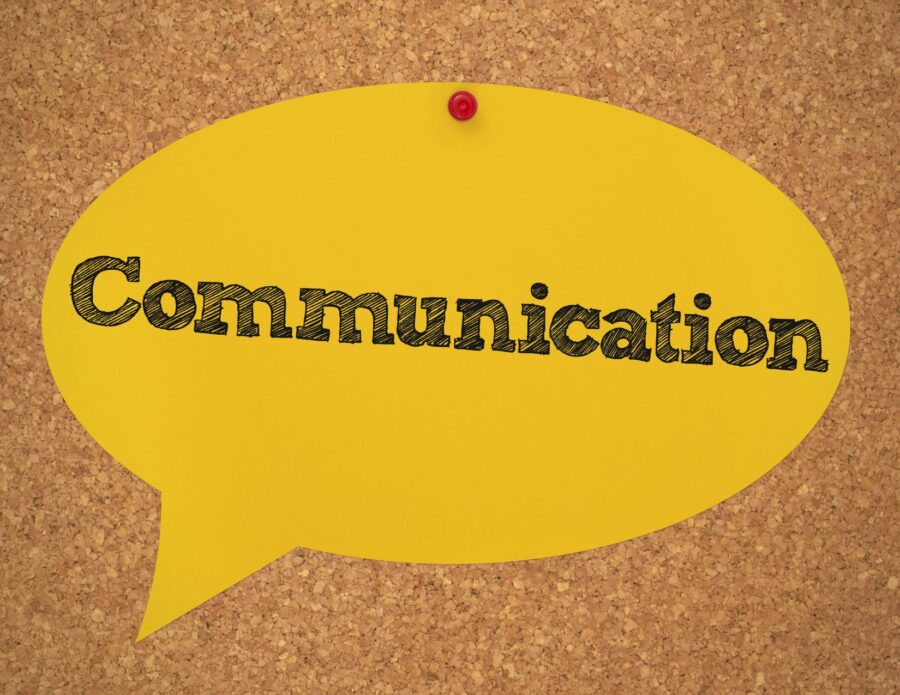A Speech-Language Pathologist (SLP) plays a crucial role in education by supporting students with communication and language challenges that impact their academic success and social development. Their work is essential for helping students access the curriculum, develop literacy skills, and improve their ability to communicate and interact effectively with peers and teachers. So, let’s take a deep dive in to what an SLP does!
Assessment and Diagnosis
Identifies students with speech, language, and communication disorders. Conducts evaluations to determine eligibility for special education services under the Individuals with Disabilities Education Act (IDEA). Develops Individualized Education Programs (IEPs) based on students’ needs.
Direct Therapy and Intervention
Provides speech and language therapy in one-on-one, small group, classroom settings to support students with speech sound disorders, communication disorders, and so much more.
Collaboration/Consult with Teachers and Staff
Works closely with teachers, special educators, psychologists, and administrators to support students in the classroom. Provides strategies for modifying instruction and communication to help students succeed. Helps design classroom accommodations for students with communication needs.
Social Communication and Peer Interaction
Teaches students how to engage in conversations, understand social cues, and interact appropriately. Supports students with autism spectrum disorder (ASD) and other social communication difficulties.
Assistive Technology and Alternative Communication
Introduces Augmentative and Alternative Communication (AAC) tools (e.g., communication devices, picture boards) for students with severe speech impairments. Trains students and staff on how to use these tools effectively.
Advocacy and Training
Educates school staff and parents about speech and language disorders.
Advocates for students with communication needs in Individualized Education Program (IEP) meetings.
Multicultural and Bilingual Support
Works with students who are English Language Learners (ELLs) to distinguish between language differences and disorders. Ensures that assessments are culturally and linguistically appropriate.
Where Do SLPs Work in Schools?
Public and private schools (preschool through high school), special education classrooms, early intervention programs, and district-level speech and language programs.
SLPs are essential in helping students develop communication skills that support learning, literacy, and social interaction, making them a vital part of the educational team.



